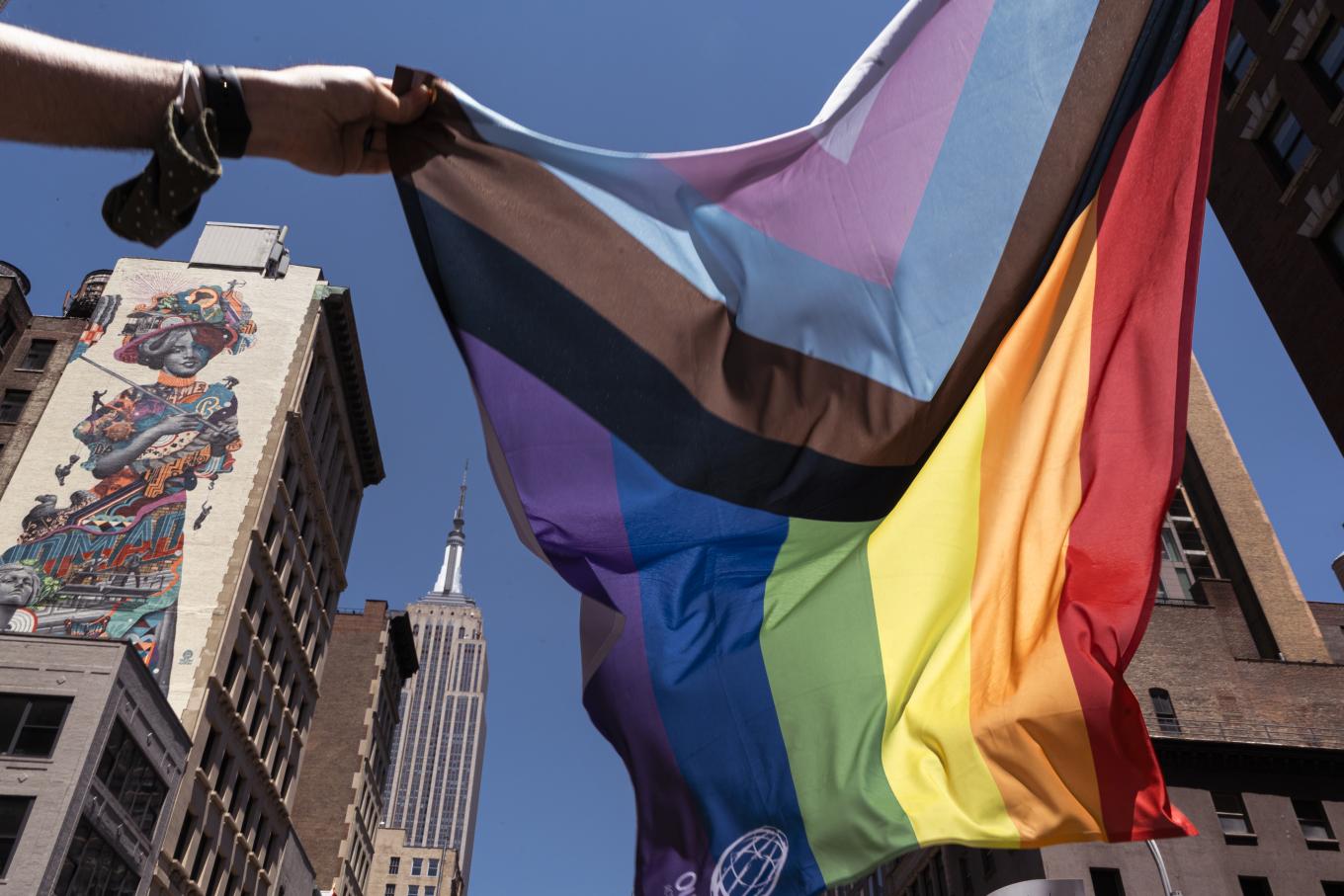
Country Overview
Turkmenistan
At a glance
View more for this country:
Same-sex relations between men continue to be criminalized in Turkmenistan under a Penal Code inherited from the Soviet era. Turkmenistan is one of the two post-Soviet countries where homosexuality continues to be illegal. The Criminal Code of Turkmenistan (1997), as amended in 2022, punishes consensual same-sex intimacy by imprisonment of up to two years, with the 2022 amendment increasing the penalties for non-consensual same-sex sexual acts and lowering the age of criminal responsibility for sodomy from 16 to 14. Rarely enforced before 2006, the law, which does not explicitly mention transgender and gender nonconforming individuals, is also used to target transgender women by law enforcement officials who often conflate sexual orientation and gender identity. There have been reports of police physically and verbally attacking LGBTIQ individuals. Police and medical personnel have subjected people detained for same-sex relations to forced anal examinations, ostensibly to find evidence of “homosexual conduct.”
“Homosexuality” is considered a mental disorder by law enforcement, judicial authorities, and medical institutions, and punishment may include placement in a psychiatric institution to be “cured.” Data collection on LGBTIQ issues in the country is “impossible” due to significant safety risks, and societal attitudes toward LGBTIQ persons are generally negative. The media, both print and digital, are controlled by the state, and media platforms depict LGBTIQ people negatively and sensationalize LGBTIQ issues, often amplifying political hate speech and contributing to the pervasive anti-LGBTIQ sentiment in Turkmenistan. LGBTIQ people face systematic violence, harassment, and discrimination, and some are rejected or abandoned by their families. In April 2023, the UN Human Rights Committee expressed concern about discrimination against LGBTQ people in the country, including “reports of police brutality motivated by the sexual orientation and gender identity of the victims, and the resulting fear of such victims to file complaints or even reveal their sexual orientation.” In 2024, Amnesty International also condemned the government’s arbitrary restriction of the rights, freedoms, and bodily autonomy of LGBTI people, women, and girls under the pretext of “national culture.”
*Outright research indicates that the bodily autonomy of intersex people is not respected and protected in this country.
Global Impact
Sub-Saharan Africa
Outright supports LGBTIQ organizations in Sub-Saharan Africa and works with mainstream human rights organizations to respect human rights and influence positive changes in laws, policies, attitudes and beliefs that cause discrimination against LGBTIQ people.
United Nations
Our work at the United Nations centers around advocating for the advancement of the rights of LGBTIQ people.
View this regionAsia
Our work in Asia promotes acceptance of sexual and gender diversity at all levels of society.
View this regionSouthwest Asia and North Africa
In the Southwest Asia and North Africa, we partner with local groups in various countries as part of our international solidarity work. We also work with our local partners on different topics through capacity building, advocacy, research and holistic security.
Europe and Central Asia
Outright International partners with activists to fight for an end to human rights violations based on sexual orientation, gender identity and gender expression in Europe and Central Asia, where most of our work involves emergency responses to harassment, discrimination, violence, and most recently, Russia’s brutal and expanded invasion of Ukraine.
Americas
Our work in the Americas continues to build on the fundamental and positive transformation of human rights protections in recent years. We partner with groups in the Caribbean that focus on ending gender-based violence and eradicating discrimination against trans people.
Pacific
Our work in the Pacific aims to increase the visibility of activists, respond to human rights emergencies, and actively bridge local, regional, and international activism to achieve equality and justice.
Global
View this region
Human Rights Research
Since 1990, we have partnered with activists from all over the world to produce hundreds of groundbreaking reports.
Read Our Reports